From Intent to Impact: Navigating Climate Metrics & Reporting | Mosambi Climate Conference 2025
Key Learnings and Insights from the Mosambi Climate Conference Workshop
Project Frame and Climate Collective explored emissions impact measurement and beyond during a workshop titled "From Intent to Impact: An Experiential Workshop on Navigating Climate Metrics & Reporting," at the Mosambi Climate Conference on March 20, 2025.
This session delved into the complexities of impact measurement, with a particular focus on the challenges and potential solutions surrounding Adaptation & Resilience (A&R) and the evaluation of climate co-benefits.
“The session served as a collaborative platform to explore practical solutions for measuring climate impact, while also highlighting the critical role the climate tech ecosystem can play in advancing this agenda,” said Poulomy Banerjee, Impact Specialist at Climate Collective.
A central theme of the workshop was the need for a more holistic approach to impact assessment. Participants discussed how A&R is often sidelined when it should be a fundamental part of evaluating climate impact, expressing that the prevailing focus on carbon mitigation in many frameworks neglects crucial aspects such as social resilience, the health of biodiversity and ecosystems, and the importance of community-driven adaptation strategies. Participants advocated for integrating indicators that capture improvements in livelihoods, access to resources, and economic benefits derived from climate-resilient innovations, alongside traditional carbon reduction metrics.
These insights echoed Project Frame’s Small Group Discussion on Investing for Climate Resilience and Adaptation, held in December of 2023. In this discussion, participants agreed that the climate crisis requires us to look beyond mitigation and support adaptation solutions urgently, but issues of perception and the lack of dedicated frameworks and case studies remain a barrier.
Co-Benefits and Risks of Harm
Participants also explored the concept of "co-benefits," suggesting a reframing to position adaptation as a primary objective rather than a secondary outcome of mitigation efforts. This shift in perspective aims to attract greater investment and policy support for adaptation initiatives, recognizing their intrinsic value in climate solutions.
“The discussion shed light on how identifying and measuring co-benefits can become a standard practice, and how they can be strategically positioned to attract impact investors and unlock catalytic capital,” said Banerjee.
“This aligns closely with one of our strategic focus areas at Climate Collective. Our ongoing partnership with Project Frame, centred on developing startup case studies that highlight climate co-benefits, is a significant step toward deepening our expertise in this emerging and impactful space.”
Over the past several months, Climate Collective and Project Frame have co-led the Case Studies Working Group. This group of startups, experts, and investors from across South Asia, South East Asia, and East Asia will present three case studies that include both greenhouse gas impact assessments and Human Thriving Assessments, which analyze co-benefits and risks of harm. These solutions span the food/agriculture, circular economy, construction, and manufacturing sectors, and are currently benefiting communities across the Global South. We are excited to share these case studies in the Summer of 2025.
Field-Level Insights in A&R
A&R projects—particularly those in climate-vulnerable areas such as the Himalayas—often have difficulty securing funding, emphasizing the importance of blended finance models. When compared to mitigation projects, like Distributed Renewable Energy, A&R projects can be seen as less scalable, have less direct financial return, and are more challenging to quantify their impact. Developing standardized impact measurement frameworks for adaptation, similar to those used for greenhouse gas impact measurement, is important in enhancing the investability of A&R projects.
The workshop provided strategies for early-stage startups to approach impact assessment, including leveraging tools and collaborating with universities. It emphasized the importance of Life Cycle Assessment (LCA) and Social LCA (S-LCA), even if imperfect, and discussed key aspects of effective impact quantification. Participants discussed the alignment between the Project Frame Methodology and LCA parameters, emphasizing the importance of forward-looking assessments for early-stage climate solutions.
The inaugural edition of MC2 brought together some of the most influential climate tech enablers, investors, and innovators from across the Global South to collaborate and create a more robust climate tech startup ecosystem. We hope to join this fantastic community for continued discussions at the next iteration of MC2!

